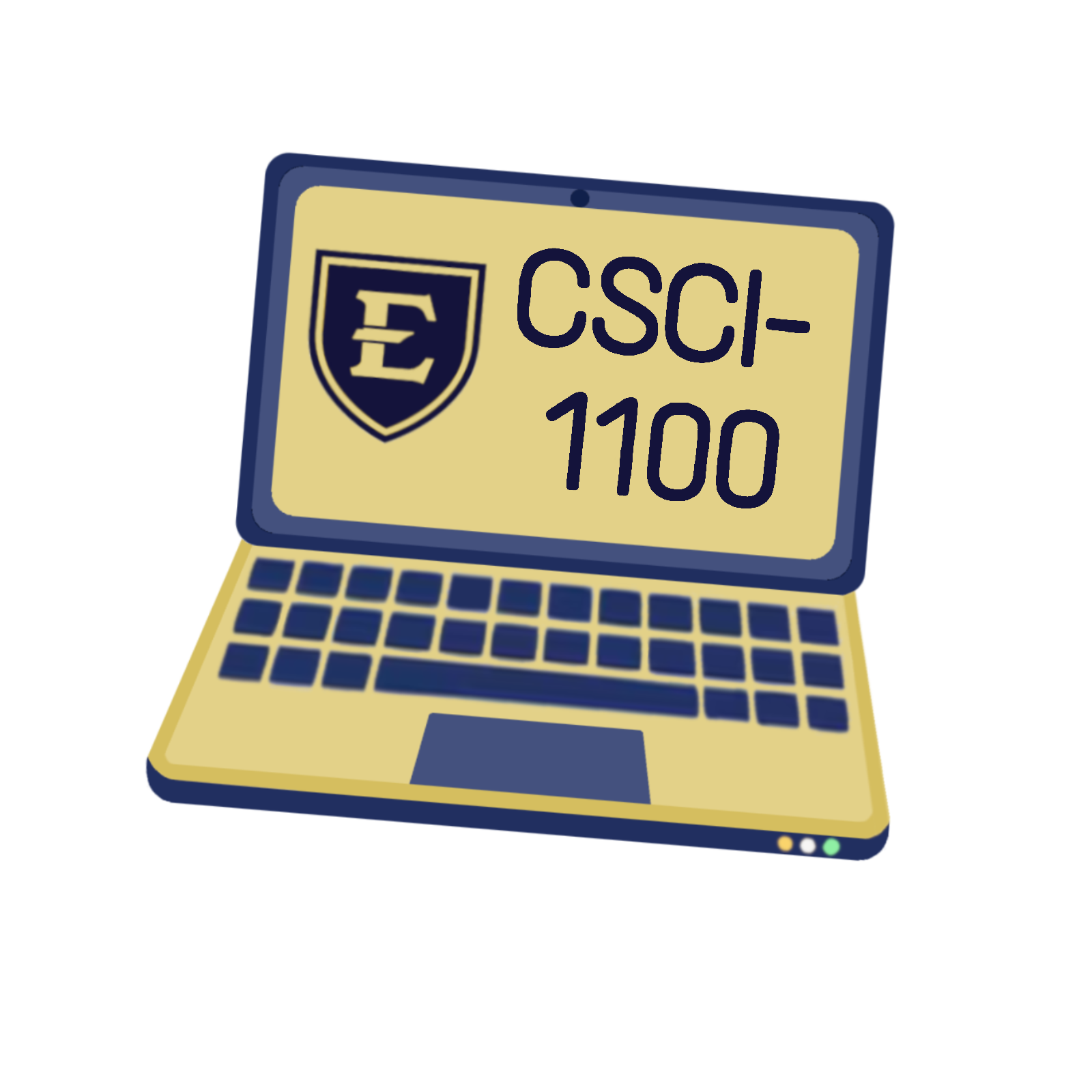Our mission
To create informed and enlightened digital citizens.
In CSCI 1100, our mission is to create informed and enlightened digital citizens, with basic knowledge and competencies key to navigating efficiently in an online digital world in one's day-to-day life, academia, and the workplace. Our team of faculty and graduate assistants is here to guide you through key literacy areas that will help you make sense of our chaotic information age to lead a more informed, productive, and balanced life.
Free Lesson Materials
Access high-quality learning resources available to everyone, whether you're enrolled in our course or simply interested in developing your digital literacy.
The CSCI 1100 Requirement
As a result of this course's importance and significance in the work force, it is a graduation requirement.
 Using Information Technology
Using Information Technology